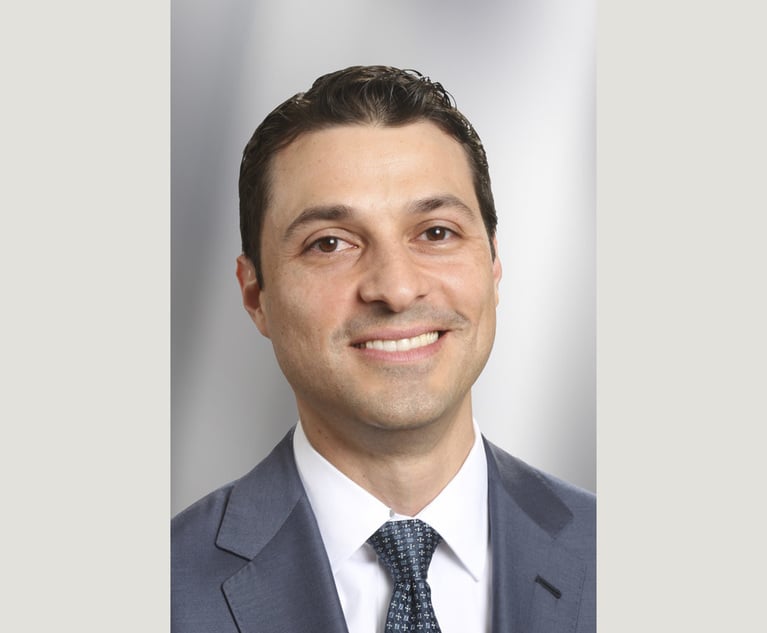The legal department can sometimes be seen as the “Department of No” by those in the C-suite. They are the naysayers who throw rain on every parade, who suck the fun out of every original idea and who point out all the risks, but offer no insightful paths on how to get to the reward. The mantra is often heard in the C-suite: Don’t tell me “No,” show me how!
We, as lawyers, are trained in the art of spotting the “No” in every fact pattern. But what the C-suite wants from us is not just to know what business strategies will pass legal muster, but ideas on how to work around risk to get to the same desired results. Lawyers who can temper the “No” with “No, but …” can be invaluable members of the business strategy team. It all starts with developing trust between counsel and the C-suite.










